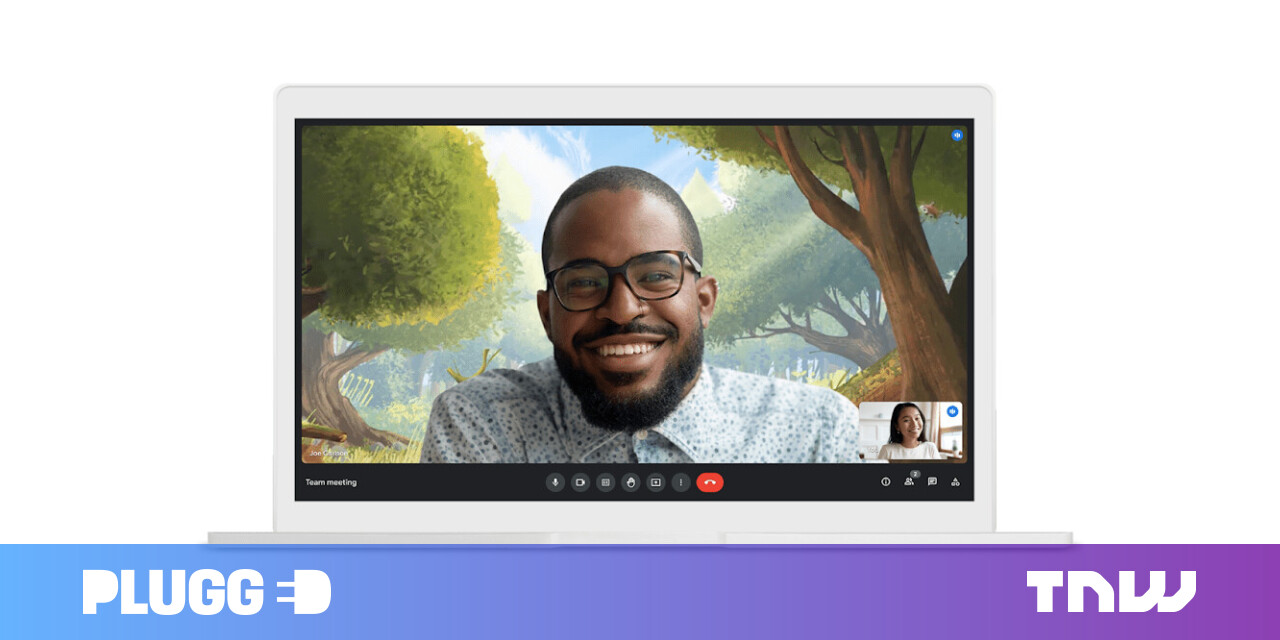#What Does “IANAD” Mean, and How Do I Use It?

Table of Contents
“#What Does “IANAD” Mean, and How Do I Use It?”

Given the times we live in, it’s essential to know who you should take medical advice from and who you shouldn’t. That’s why you should keep your eyes peeled for “IANAD.” Here’s what it means.
I Am Not a Doctor
IANAD is an internet initialism that stands for “I am not a doctor.” It’s a disclaimer given by people who are not medical professionals but provide some health-related advice. IANAD is a valuable warning that should cause you to take any particular post with a grain of salt, especially since your health is essential. In some instances, bad advice can mean life or death.
You’re most likely to see IANAD in forums and social media posts, where people may be giving advice they’ve seen on the internet or heard from family members. However, someone admitting to not being a doctor does not necessarily mean that their information is incorrect – they may have heard about it from their doctors. The most common word that you’ll see follow IANAD is “but.” What follows “IANAD but” ranges from relatively sound to highly absurd.
A Background on IANAD
While its everyday use on the internet is relatively recent, IANAD actually reaches further back than you think. The very first definition for IANAD on Urban Dictionary is from back in 2005, and it reads, “I am not a doctor.” This entry is older than those of many other internet acronyms we’ve discussed.
While this acronym has never been incredibly popular, it’s had fairly regular usage throughout the years. It was common on internet message boards in the early 2000s before being adopted by social media in the 2010s. It’s especially prevalent on Twitter, where the word count is limited and qualifying statements often need to be made to avoid internet arguments.
IANAD is cut from the same cloth as “IANAL,” which means “I am not a lawyer.” Both are disclaimers that are used to clarify that someone is not from a highly skilled profession, and both imply that you should seek professional help before acting on the advice. Furthermore, both can lead to severe problems if someone acts on a bad recommendation. And both are fairly unpopular initialisms that see very niche use on the internet.
“Not Medical Advice”
A phrase that is synonymous with IANAD is “this is not medical advice.” On top of seeing it on social media posts, you might also see this disclaimer on health websites or diet blogs. This is also intended to ensure that someone doesn’t see something and automatically assumes that it’s true – even if a website looks like it dispenses legitimate medical advice.
To an extent, IANAD is also similar to another acronym, “YMMV,” which means “your mileage may vary.” While YMMV is a lot more versatile than IANAD and applies to many non-medical situations, You can also use it in posts about health. For example, if someone is looking for advice on how to deal with an acne issue, you could say, “I used this skin cream, but YMMV.” In this particular sentence, YMMV is fulfilling the same role of saying that this advice will not always work for everyone.
RELATED: What Does “YMMV” Mean, and How Do You Use It?
When and How To Use IANAD
If you are not a medical professional, you should use IANAD whenever you give anything even resembling medical advice, especially if it’s something serious. If you’re wondering whether something deserves an “IANAD,” a simple test to see is this: “If someone follows this and I’m wrong, will something bad happen to them?” If the answer is yes, taking the few seconds to type out, IANAD may make all the difference.
If it’s a severe medical condition, you likely shouldn’t give insight on the topic at all. Advise them to call their physician instead.
If you want to use IANAD on a social media comment or forum post, here are some examples of the initialism in action. Take note that these are not real tidbits of medical advice.
- “IANAD, but I heard that an apple a day keeps the doctor away.”
- “I think that mangoes are supposed to give you good vision, but IANAD.”
- “IANAD but that enormous gash on your arm looks kinda bad. You should get it looked at.”
We might not be doctors, but we’re good at giving advice on using the most important slang terms on the internet. If you want to read more, check out our pieces on TTYL, TBH, and TLDR.
RELATED: What Does “TBH” Mean, and How Do You Use It?
If you liked the article, do not forget to share it with your friends. Follow us on Google News too, click on the star and choose us from your favorites.
For forums sites go to Forum.BuradaBiliyorum.Com
If you want to read more like this article, you can visit our Technology category.




